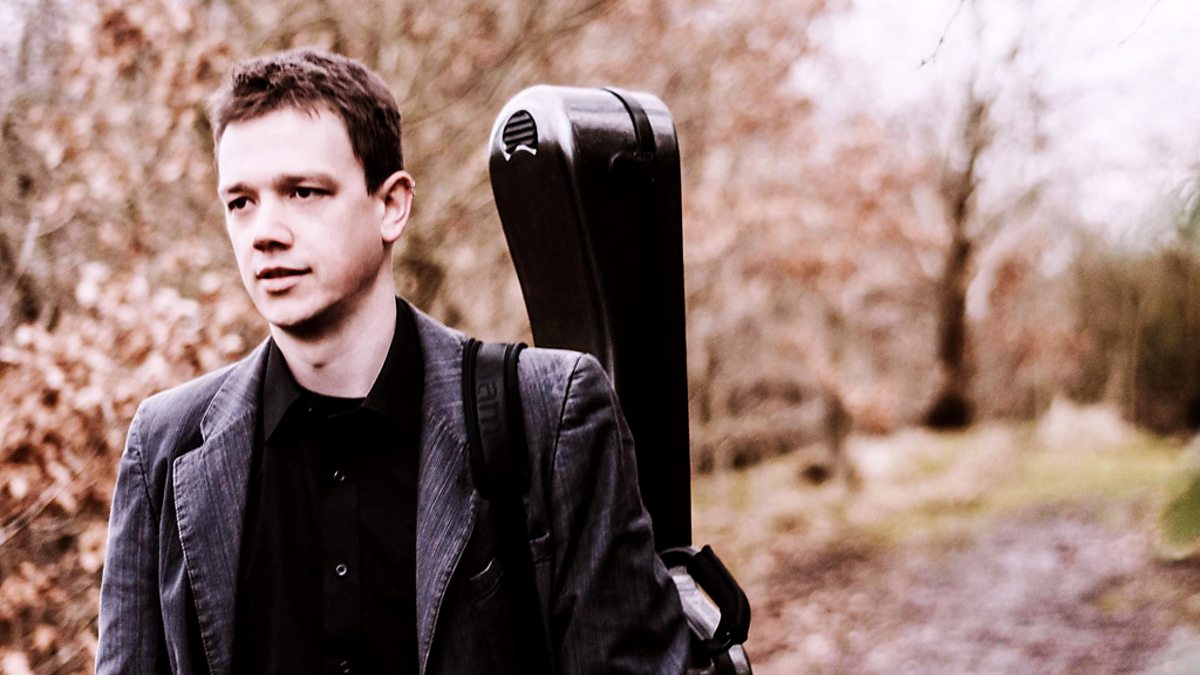Given the (very welcome) appearance of contemporary Music in the mainstream evening schedules recently, I find it a bit odd that "Radio 3's primary contemporary music programme" this week features work that is 105 years old by a composer who died nearly half-a-century ago, but there you go.
Besides Stravinsky's 2 Balmont Poems and 3 Japanese Lyrics, the Birmingham Contemporary Music Group, conducted by Oliver Knussen perform the three Chorales from a Toyshop (the First written in 1967 to celebrate Stravinsky's 85th Birthday, the Third a World Premiere) by Harrison Birtwistle (b1935), two works by Jo Kondo (b1947), Tree Line by Toru Takemitsu (who died, it is shocking to remember, twenty-one years ago), and the World Premiere of O Hototogisu - fragment of a Japonisme by Knussen himself - who was 65 a fortnight ago.
No reason why this programme could not have featured on Radio 3 in Concert - and, whilst it will be interesting for me to see if I finally discover something by Kondo that grabs my attention and won't let go, far more interesting and "H&N-Proper" will be Tidesongs, a collaboration by composer/performers Hanna Tuulikki and Lucy Duncombe: Music for multi-layered voice and vocal processing, inspired by the tidal languages of the East Coast from Shetland to Suffolk and by the poetry of Alec Finlay, which has been enjoying performances in Hull as part of "Somewhere Becoming Sea" and at "FLOERS" in Dunbar
Besides Stravinsky's 2 Balmont Poems and 3 Japanese Lyrics, the Birmingham Contemporary Music Group, conducted by Oliver Knussen perform the three Chorales from a Toyshop (the First written in 1967 to celebrate Stravinsky's 85th Birthday, the Third a World Premiere) by Harrison Birtwistle (b1935), two works by Jo Kondo (b1947), Tree Line by Toru Takemitsu (who died, it is shocking to remember, twenty-one years ago), and the World Premiere of O Hototogisu - fragment of a Japonisme by Knussen himself - who was 65 a fortnight ago.
No reason why this programme could not have featured on Radio 3 in Concert - and, whilst it will be interesting for me to see if I finally discover something by Kondo that grabs my attention and won't let go, far more interesting and "H&N-Proper" will be Tidesongs, a collaboration by composer/performers Hanna Tuulikki and Lucy Duncombe: Music for multi-layered voice and vocal processing, inspired by the tidal languages of the East Coast from Shetland to Suffolk and by the poetry of Alec Finlay, which has been enjoying performances in Hull as part of "Somewhere Becoming Sea" and at "FLOERS" in Dunbar


 ) which I hope will feature on H&N in due course.
) which I hope will feature on H&N in due course.
 )
)
 But if you had used the expression, I wonder what the point of your initial post is meant to be? That a lot young composers "these days", tonally-centric Music is very much alive? Well ... yes ... But was it any different in Ms Kitchin's "golden age"?
But if you had used the expression, I wonder what the point of your initial post is meant to be? That a lot young composers "these days", tonally-centric Music is very much alive? Well ... yes ... But was it any different in Ms Kitchin's "golden age"?
Comment